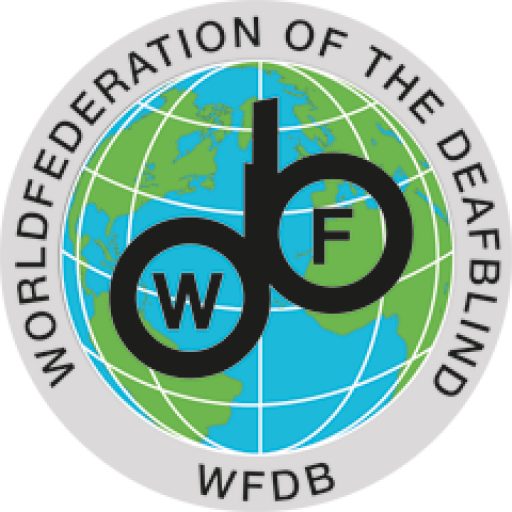“My name is Eulália Alves Cordeiro. I am a person with deafblindness. I’m a counsellor at the Municipal Counsel of the Persons with Disabilities in the capital of São Paulo.
“Since 2002, persons with deafblindness from the Brazilian Association of Persons with Deafblindness (named ABRASC) started to participate directly in the Municipal Counsel of the Persons with Disabilities. This engagement increased the visibility of deafblindness, giving participants the chance to express themselves, fight for their rights, and to use their voice to show that they were able to actively take part in public politics in the same way that other persons with disabilities are able to. However, deafblindness still doesn’t have a specific seat at the table. Indeed, deafblind persons usually take over alternatively the chair of the deaf persons, the blind persons or the group of persons with multiple disability.
“As of December 2017, seven deafblind persons work as counsellors or participate in working groups across three Brazilian cities. They work in different sectors related not only to discussions on disability policies, but also on policies for women and health, among other issues.
“Across many states in Brazil, persons with deafblindness are unable to rely on the provision of interpreter-guide services at schools and universities. As a result of our advocacy work.” São Paulo, however, is the only city that provides interpreter-guide services for persons with deafblindness, guaranteed by a municipal ordinance.
